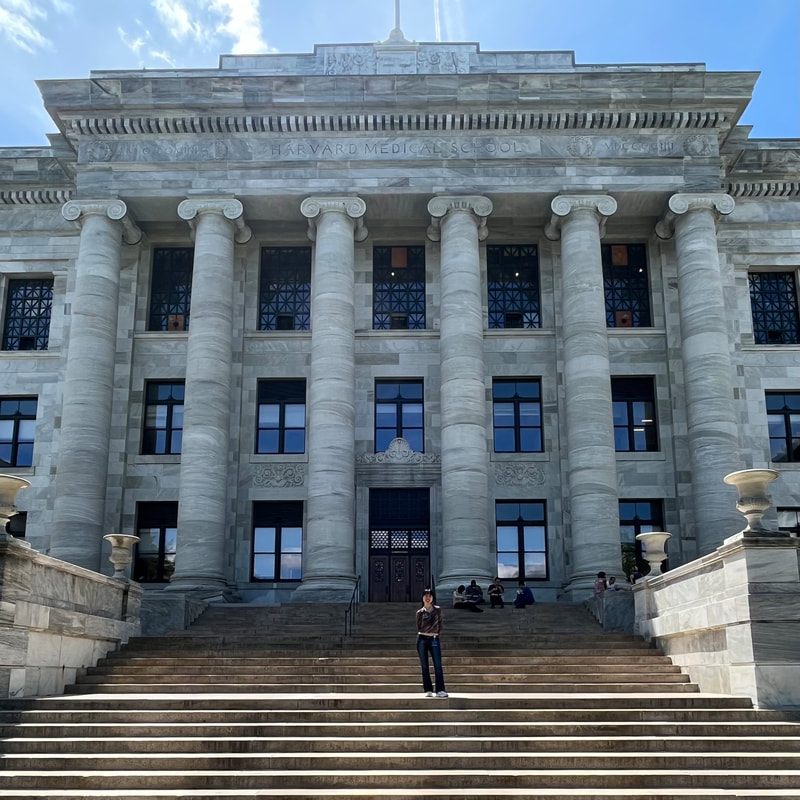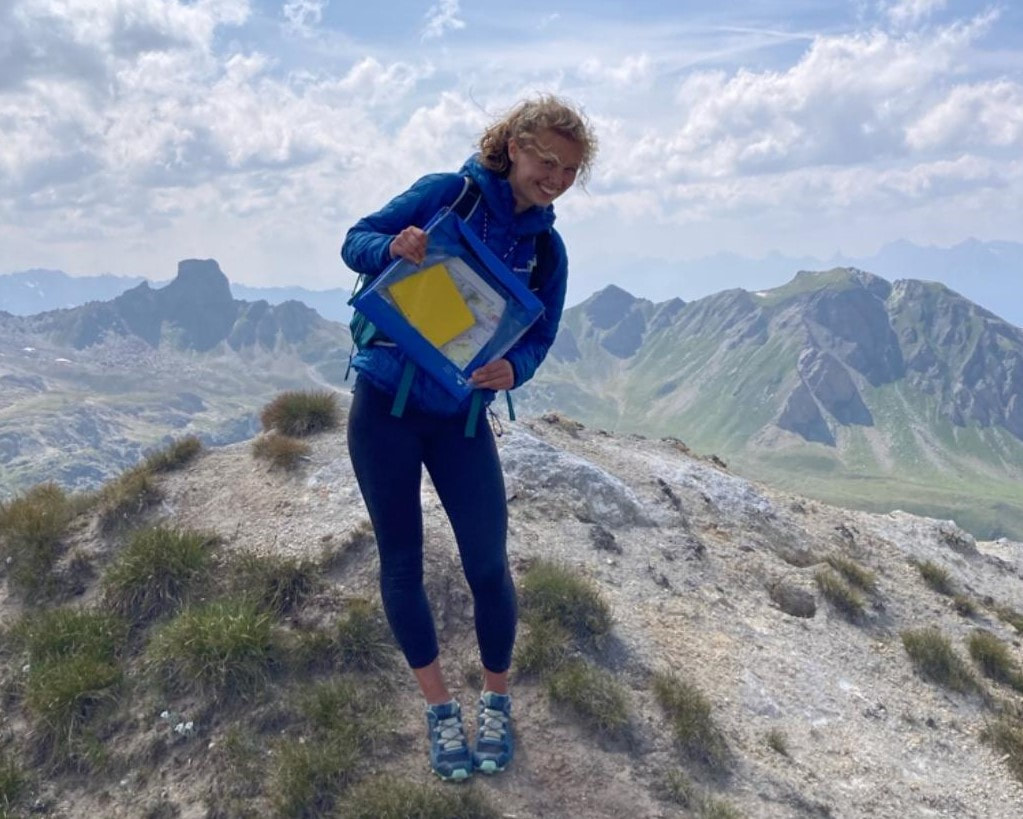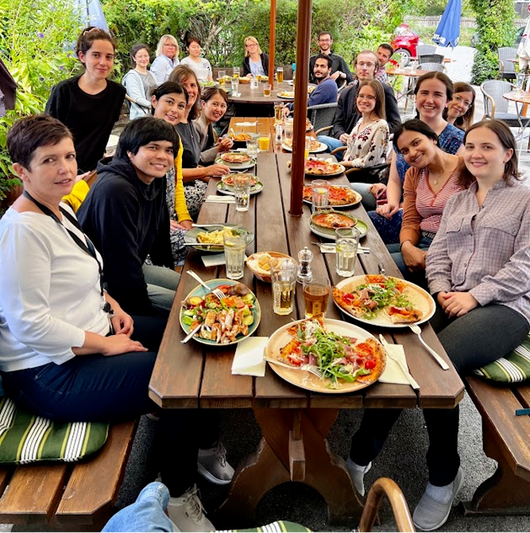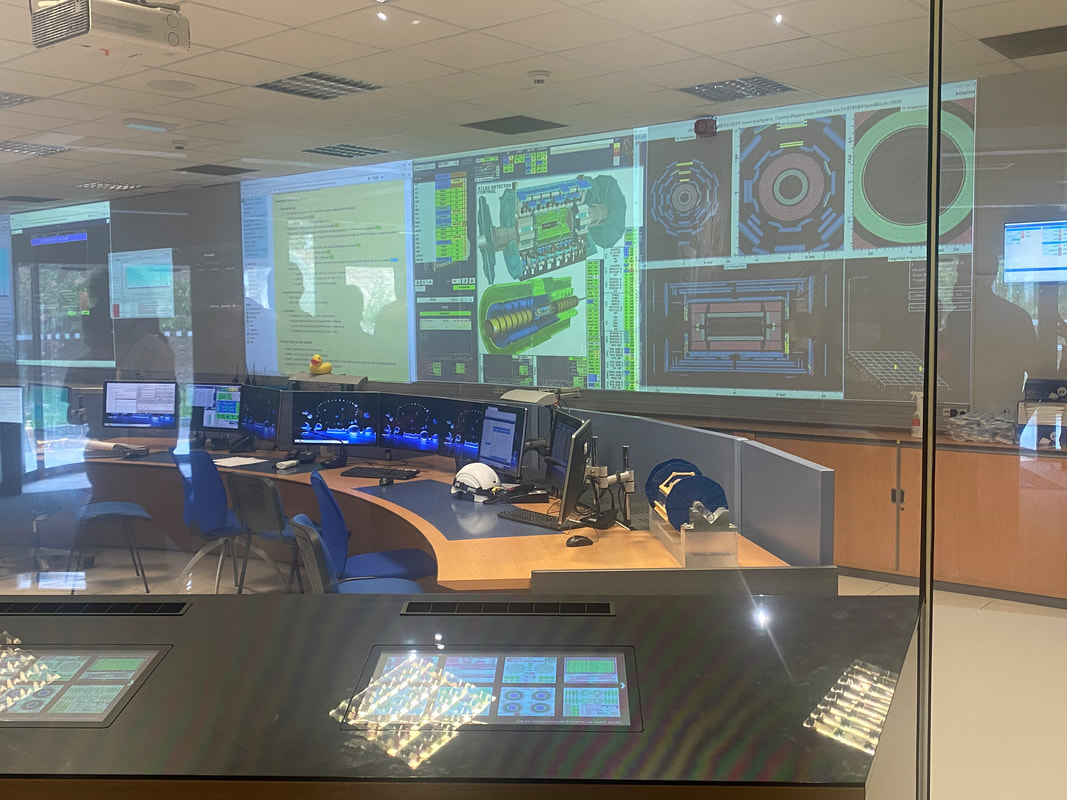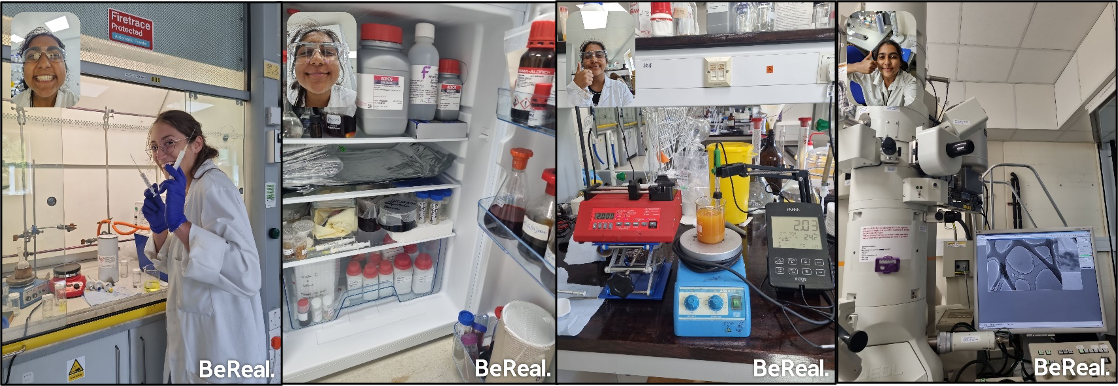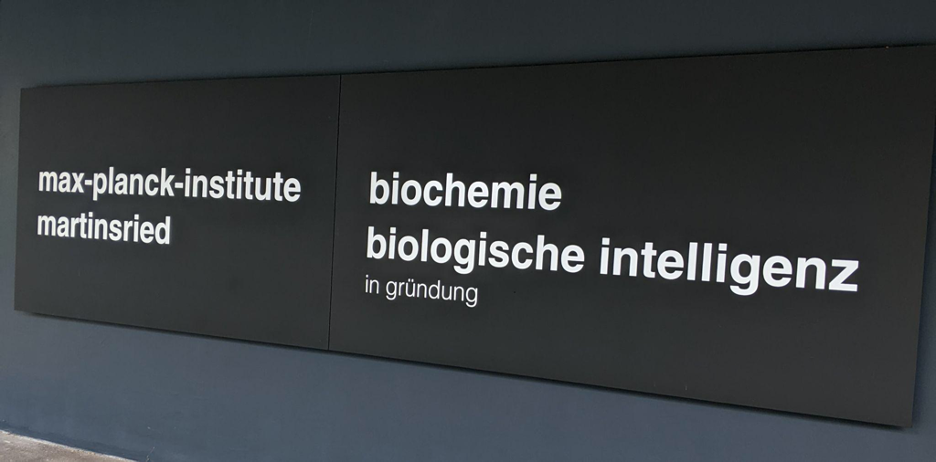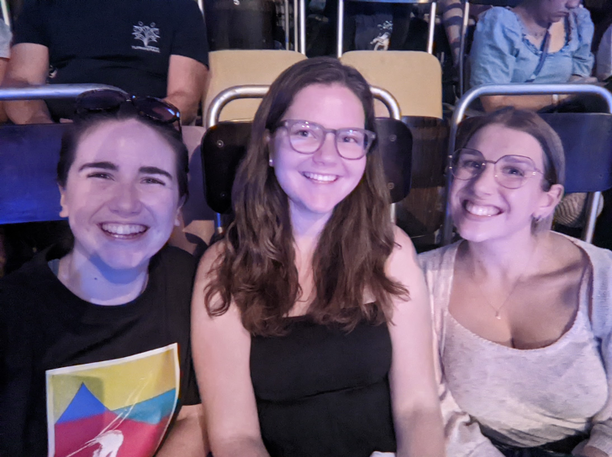|
Hi everyone! I’m Weijia, a third year Biochemistry undergraduate at Teddy Hall. This summer, I spent an incredible 10 weeks interning with the Puigserver Lab at the Dana-Farber Cancer Institute in Boston, USA. I am very grateful to OxWEST for granting me the Jo Ashbourne Scholarship to fund the experience.
0 Comments
who am i?My name is Taisiia Sazonova, I am a medical doctor, MSc in Genomic Medicine graduate, and 1st year DPhil student in Medical Sciences. During July and August of 2023, I participated in the Entrepreneur-In-Residence internship program at SanusX, a start-up established by UNIQA Insurance Group.
Hi, I’m Julia, a 3rd Year Earth Scientist at Univ. Last summer, the Jo Ashbourn Scholarship enabled me to conduct 6 weeks of fieldwork in the Swiss alps to produce a geological map covering 15km^2 at 1:10,000 scale, and collect rock samples and structural data to analyse in the lab and for strain analysis. Fieldwork comes with unique challenges, especially compared to lab-based research, but these make the best memories and provide the opportunity to solve some very interesting multidisciplinary problems!
Rebecca Pei
It’s been over a month since my summer internship and I’m back to reflect on my experience and give an update on what I’m doing now. Last summer, I worked as a summer intern for the Emotion, Health, and Psychophysiology lab at the University of California, San Francisco. Contrary to the UROP at Imperial, their summer internship program was extremely structured. There was a set schedule every day and very little autonomy was given for the research you worked on or how the internship was conducted. This summer, immediately after the first meeting with Martina, my supervisor, I knew it would be a completely different experience. I was given a lot of independence on which project in Martina’s lab that I worked on and the amount and type of work that I did. The project autonomy and flexibility I received was empowering and refreshing, although it might not be suitable for everyone. Last year, I felt like an intern for a lab, but this year, I genuinely felt like a member of their research team. Dami Tariuwa
Over the last month, I have had the opportunity to learn new skills, meet some amazing people and visit some beautiful places. I have been working within the BE-CSS (Controls Software & Services Group) section at CERN where I am doing some logfile data analysis and reporting for the CERN Accelerator Control System. From data-cleaning using Python to logfile analysis using OpenSearch, I have learnt some new tricks that will be useful for the data analysis in my 4th year project and beyond. Seren Ford
I’ve just flown back to the UK after finishing my 12-week internship in the Department of Totipotency at the Max Planck Institute of Biochemistry - here are my reflections on the experience! I applied to the Max Planck Summer Internship Program because I wanted to gain first-hand research experience, meet other like-minded students from all over the world, and speak to world-leading scientific researchers about what day-to-day research in biochemistry is like, while contributing to it myself. Over the past 12 weeks I’ve had the opportunity to do all of this, and had a great time doing so. Dami Tariuwa
Project Title: Application Logfile Analysis and Reporting for the CERN Accelerator Control System Who am I? Hi there! I recently joined the BE-CSS (Controls Software & Services Group) section at CERN where I am doing some data analysis and reporting for the CERN Accelerator Control System under Dr. Vito Baggiolini. My Project I am working within the BE-CSS Communication, Processing & Archival team. This is a team of 15 software engineers who develop and operate a part of the controls system software of the Large Hadron Collider (LHC) and the other CERN accelerators. They are responsible for numerous software systems used by accelerator physicists, accelerator operators, technicians, and equipment experts, who contribute to the successful operation of the accelerators and production of the particle beam used in the physics experiments at CERN. Bhavini Patel
Who am I? Hi everyone, my name is Bhavini Patel and for 8 weeks this summer I worked at the Open University in Milton Keynes conducting a research project on nanomaterials for drug delivery. I’m currently about to start my third year doing Chemistry at LMH – and I’m definitely looking forward to it! Some of my personal hobbies include drawing, painting, reading and the occasional binge-watching of a Netflix series. I also love travelling and meeting new people whenever I get the chance. In this blog post, I’ll go through some of the things I got up to this summer – from what exactly I was doing (what even is a nanomaterial??) to some of the things I learnt whilst working in the lab! P.S. please enjoy this bunch of lab BeReals – 8 weeks go faster than you’d think! Seren Ford I’m interning in the Department of Totipotency at the Max Planck Institute of Biochemistry - here’s an introduction to what stem cells and totipotency are! Types of stem cells You might remember from biology in school that stem cells are undifferentiated or unspecialised cells, which can divide and differentiate to produce the specialised cells of the body, like neurons, red blood cells, and muscle cells, among many others. There are over 200 different types of specialised cells in the human body! In the news, you might have seen ethical issues regarding embryonic stem cells, or stem cells as therapies to cure disease. There are several different types of stem cells: the main classes (from least to most undifferentiated) are multipotent, pluripotent, and totipotent. All stem cells have 2 key properties: the ability to self-renew (divide and replace themselves), and the ability to differentiate into different types of specialised cells (i.e. potency). This self-renewal capacity of stem cells is important because it gives us a continuous supply of stem cells which we can use to grow, replace, and repair our tissues. Seren Ford
If you’re doing a science internship in a lab, you’ll often be working alongside lots of different people - here’s a guide to who some of them might be! Labs can vary in size from small groups of 5 (or even fewer people) to around 30. The lab I’m interning in has around 20 people. When you’re choosing a lab, it’s a good idea (if you can) to see if you can speak to as many people as possible beforehand to see if the lab is the right fit for you- however, don’t worry if this isn’t possible! I didn’t get to do this, but now I’m here I really make an effort to speak to different people in the lab to find out about their career paths in science and their experiences. |
Categories |
